The Science Behind Ashwagandha
What is Ashwagandha?
You’ve probably seen Ashwagandha popping up in everything from teas to capsules, but what’s behind the hype?
Also known as Withania somnifera or Indian ginseng (though unrelated to true ginseng), Ashwagandha is an evergreen shrub native to parts of Asia, Africa, and the Middle East. Its name comes from Sanskrit “ashwa” meaning horse and “gandha” meaning smell referring to the root’s distinctive aroma.
Traditionally used in Ayurvedic and Unani medicine, Ashwagandha is classified as an adaptogen: a substance that helps the body adapt to physical, emotional, and environmental stress.
Most supplements today are made from its root, which contains the herb’s most researched compound, withanolides, responsible for many of its potential health benefits. From supporting resilience under stress to promoting energy and focus, Ashwagandha’s growing popularity is backed by centuries of traditional use and a rising body of scientific evidence.
What is Shoden® Ashwagandha?
Not all Ashwagandha is created equal and this is where Shoden® steps in.
Shoden® is a clinically studied, high-potency extract standardized to 35% withanolide glycosides, one of the highest concentrations available. Unlike raw root powders or lower-grade extracts, Shoden® is designed for consistent results at a lower dose, which means you get more of the good stuff in every capsule.
Benefits of Ashwagandha
Let’s break down why Ashwagandha (especially Shoden®) is a favorite:
- Reduces Stress & Anxiety
Ashwagandha’s withanolides help regulate the body’s stress response by lowering cortisol (the main stress hormone) and supporting healthy levels of serotonin (a chemical that stabilizes mood, sleep, and feelings of well-being).
It may also reduce overactivation of dopamine receptors (dopamine is linked to motivation, reward, and alertness) during high-stress situations. The result? A calmer mind, improved focus, and better emotional balance.
- Improves Sleep Quality
The Latin name of Ashwagandha, Withania somnifera, hints at its sleep-supportive nature ‘somni-fera’ meaning ‘sleep-inducing’. Traditionally believed to rejuvenate the nervous system, Ashwagandha helps calm the mind by reducing stress and cortisol levels, making it easier to fall asleep and stay asleep without causing drowsiness. Clinical studies also show improvements in sleep onset, duration, and quality, especially in those with stress-related sleep disturbances.
- Supports Energy and Endurance
Ashwagandha supports energy at the cellular level by enhancing mitochondrial function, your body’s natural powerhouses. Its adaptogenic effect on the nervous system helps improve stamina and resilience, making it a smart choice for active lifestyles.
- Supports Brain Health and Cognitive Function
Ashwagandha helps reduce inflammation in the brain, which is linked to memory problems and conditions like Alzheimer’s. It also boosts levels of brain-derived neurotrophic factor (BDNF), a protein that helps brain cells grow and stay healthy. Plus, it fights oxidative stress by increasing antioxidants, protecting brain cells from damage. Together, these effects support better memory, focus, and mental clarity.
- Balances Hormones and Supports Thyroid Health
Ashwagandha helps support healthy thyroid function, which is important for maintaining energy and metabolism. It may work by regulating the HPA axis (the body’s stress response system), which can affect the thyroid’s hormone production. High stress and cortisol levels often suppress thyroid activity, but ashwagandha’s calming and anti-inflammatory effects can help restore balance. Research also suggests it may directly influence thyroid hormone levels, making it helpful for people with mild thyroid imbalances.
-
Supports Male Fertility and Testosterone
Studies show that infertile men often have higher oxidative stress and more damaged sperm cells compared to fertile men, along with lower levels of natural antioxidants and testosterone. Ashwagandha supplementation has been found to reduce oxidative stress, improve antioxidant levels, and boost testosterone production. These combined effects may help improve sperm health, fertility, and overall male reproductive function.
Recommended Dosage and How to Take Ashwagandha
Ashwagandha is typically taken in capsule form, either as a root powder or a standardized extract like Shoden®.
According to FSS Regulations, 2016 (rev. 2021) by FSSAI, the regulatory body for nutraceuticals in India
-
Maximum dosage for root powder: 3–6 grams per day
-
Maximum dosage for extracts: 0.5–1 gram per day
Here’s a look at how Ashwagandha is commonly dosed in clinical studies:
-
For sleep: 600 mg of Ashwagandha root extract daily
-
For cognition: 300–500 mg of extract, twice a day
-
For energy and stamina: 330–1000 mg of extract per day
Tip: Always take Ashwagandha with food to support absorption and avoid stomach upset
Potential side effects and safety
Ashwagandha is generally well-tolerated, but here’s what to watch for:
-
Mild digestive issues (if taken on an empty stomach)
-
Possible drowsiness in high doses (especially before bedtime)
Avoid if you're pregnant, breastfeeding, or taking medication for thyroid disorders unless advised by your healthcare provider.
Science Speaks: What Do Studies Say?

Choosing the Right Ashwagandha
Here’s what to look for when shopping:
|
What to Check |
Why It Matters |
|
Standardized Withanolide Content |
Ensures consistent potency and effect |
|
Branded Extract like Shoden® |
Backed by clinical research |
|
Clean Formulation |
No unnecessary fillers or binders |
Final Thoughts: Is Ashwagandha Right for You?
Ashwagandha is a powerful adaptogen that helps your body cope with stress, fatigue, hormonal imbalances, and more. With deep roots in traditional medicine and growing support from modern clinical research especially in standardized forms like Shoden®, it offers a natural, well-rounded approach to restoring balance and resilience.
If you're considering adding it to your routine, choose a high-quality supplement, stick to the recommended dosage, and consult your healthcare provider if you have any health concerns or are taking medication.
FAQs: You asked, We answered
-
How ashwagandha increase testosterone
Ashwagandha may help increase testosterone by reducing cortisol levels (a stress hormone that can negatively impact testosterone) and by supporting overall hormonal balance. It has been shown in some studies to enhance luteinizing hormone levels, which stimulate testosterone production in the testes. -
What ashwagandha contains
Ashwagandha contains several active compounds, including withanolides (steroidal lactones), alkaloids, saponins, and sitoindosides. These bioactive components are responsible for its adaptogenic, anti-inflammatory, and hormone-modulating effects. -
When ashwagandha starts working
Ashwagandha typically starts working within 2 to 4 weeks of consistent use, depending on the individual's body chemistry, dosage, and the health goal (e.g., stress relief, testosterone support, or sleep improvement). -
Will ashwagandha make me sleepy
Ashwagandha may promote relaxation and improve sleep quality, especially in people experiencing stress or anxiety, but it does not act like a sedative. It generally supports a more balanced sleep cycle rather than making you feel sleepy immediately.
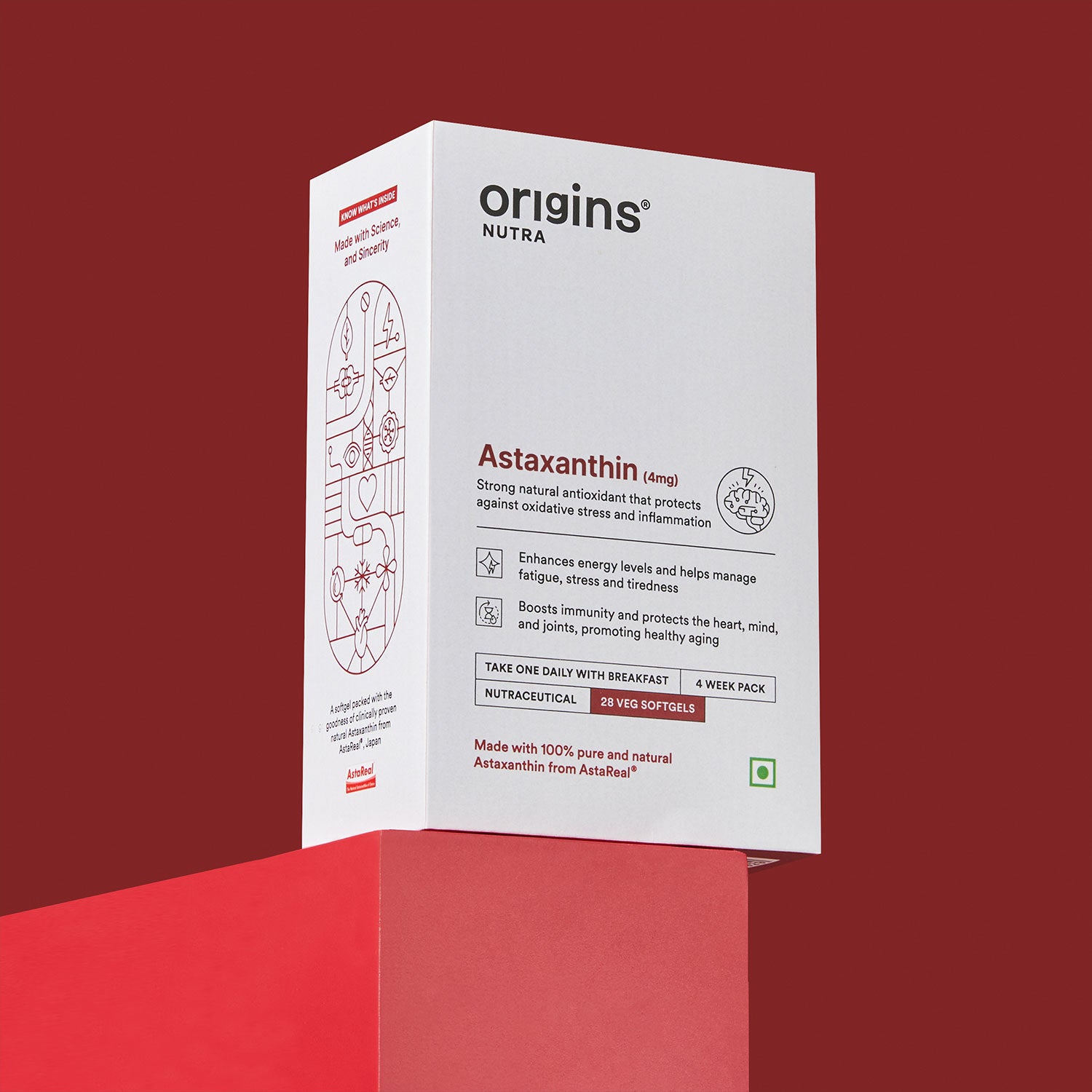
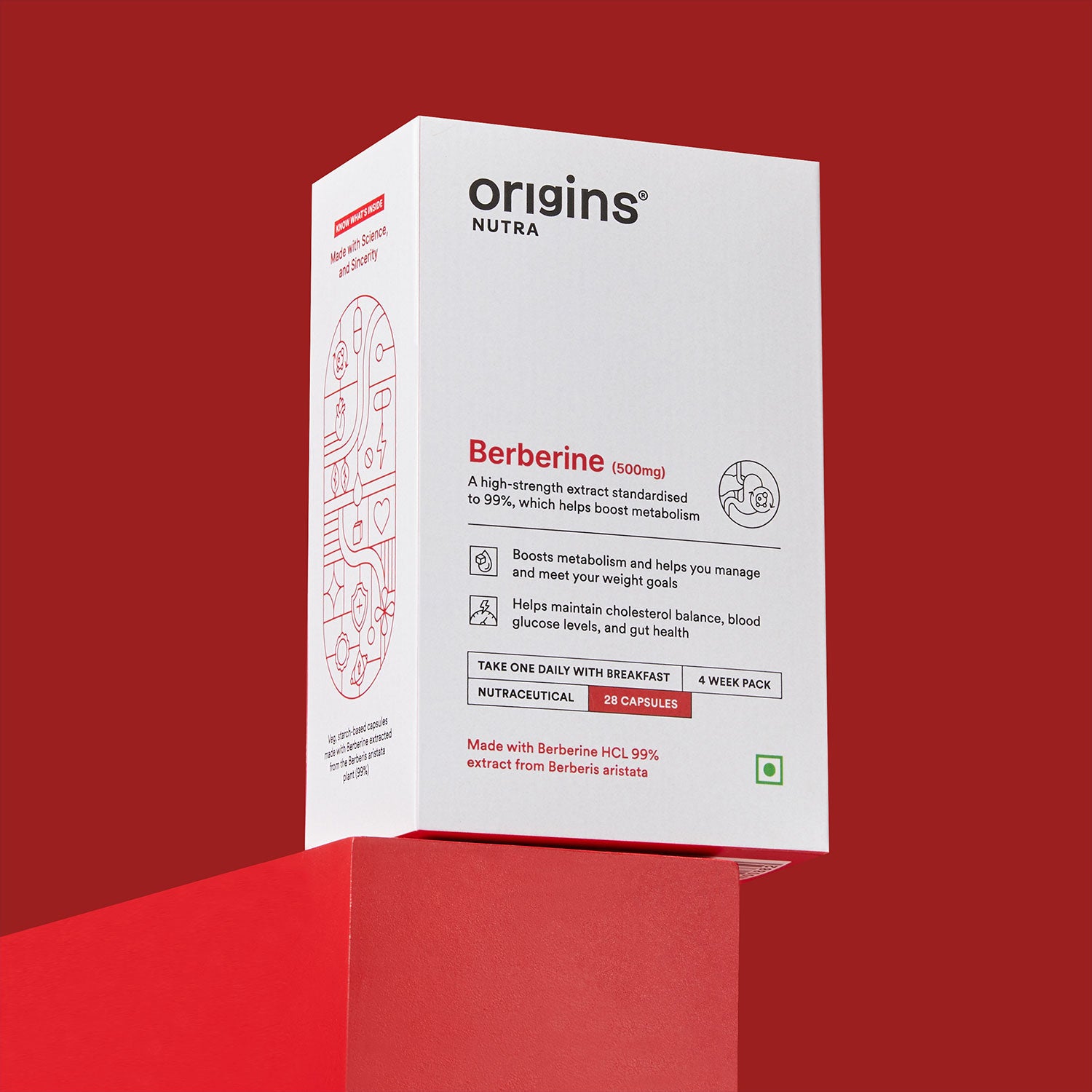

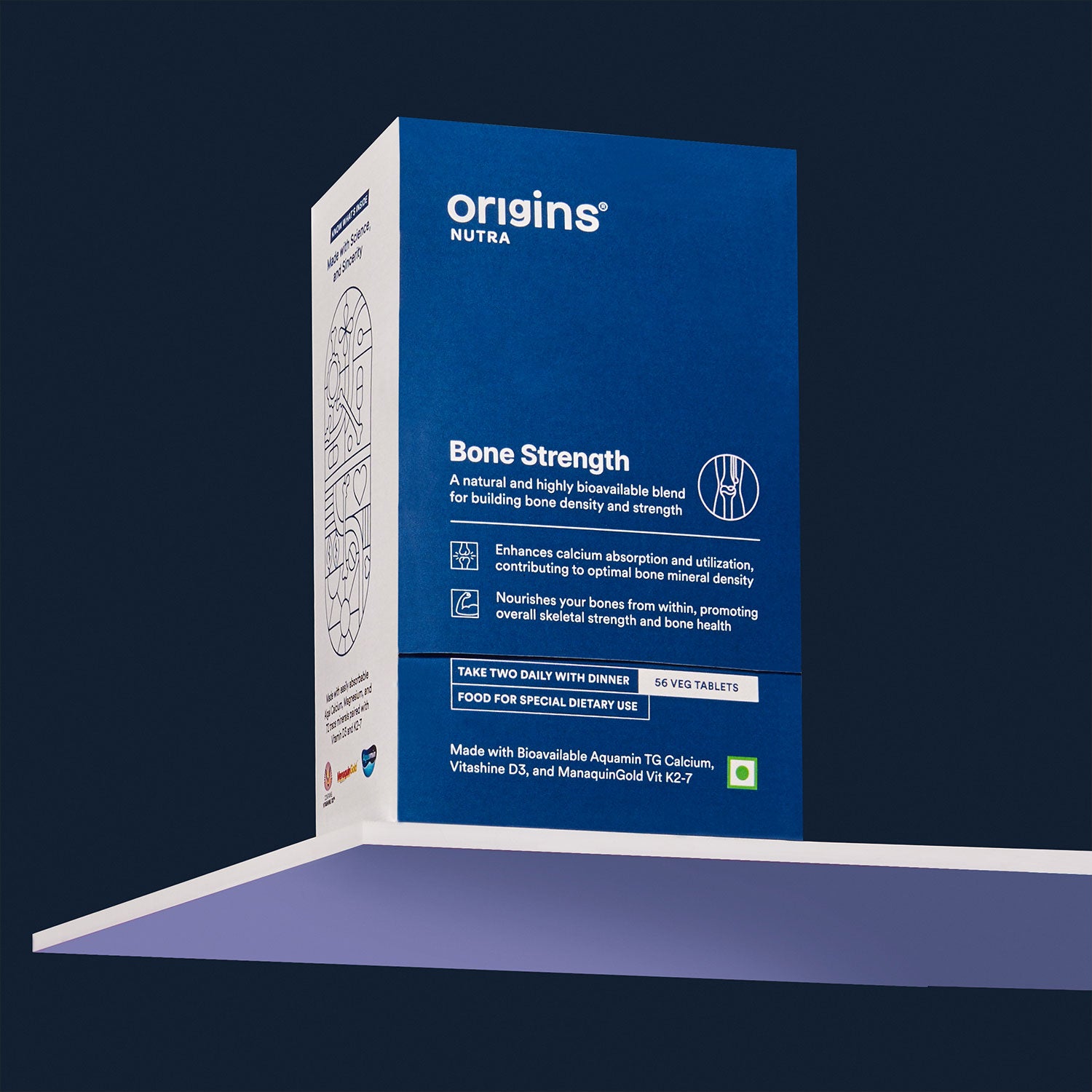


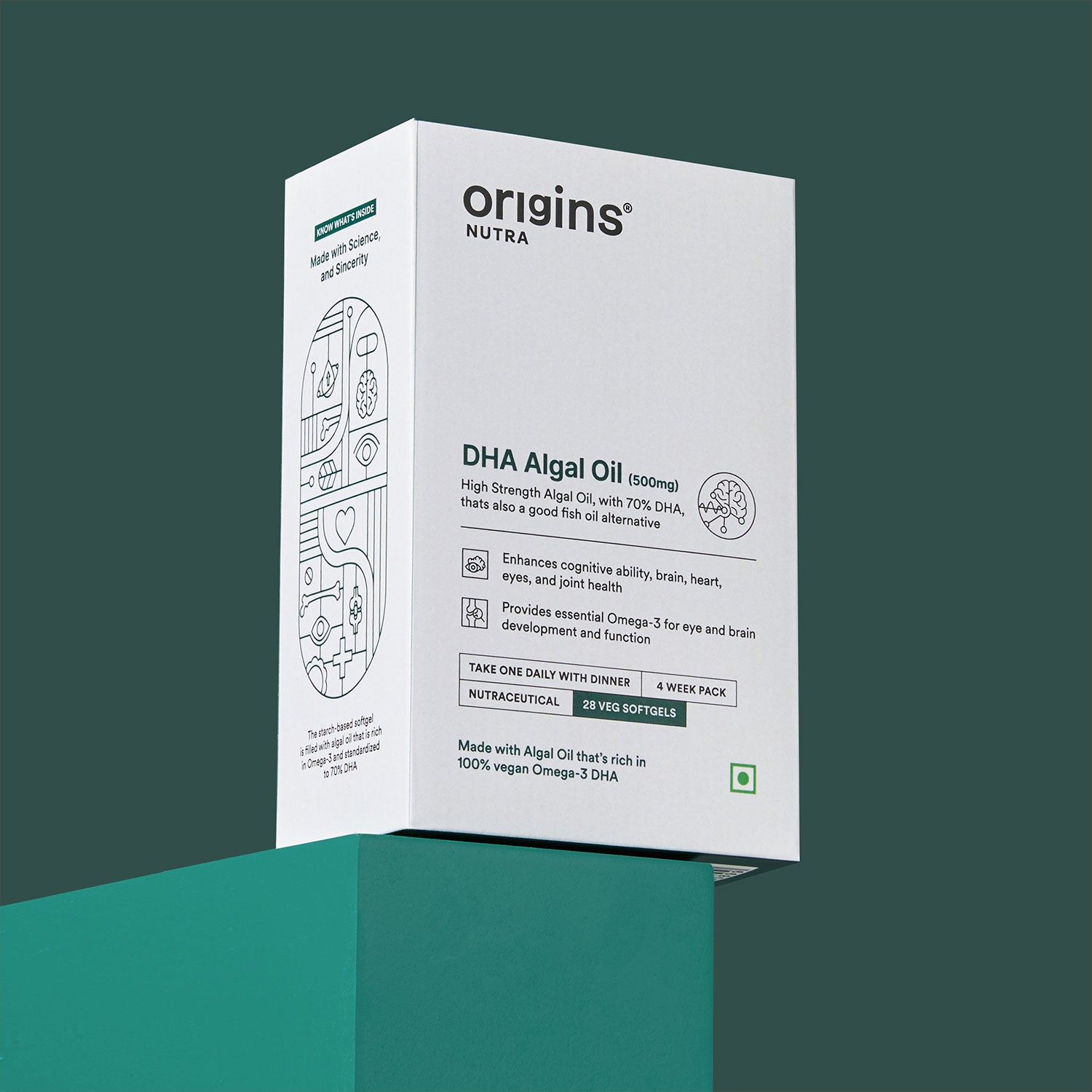
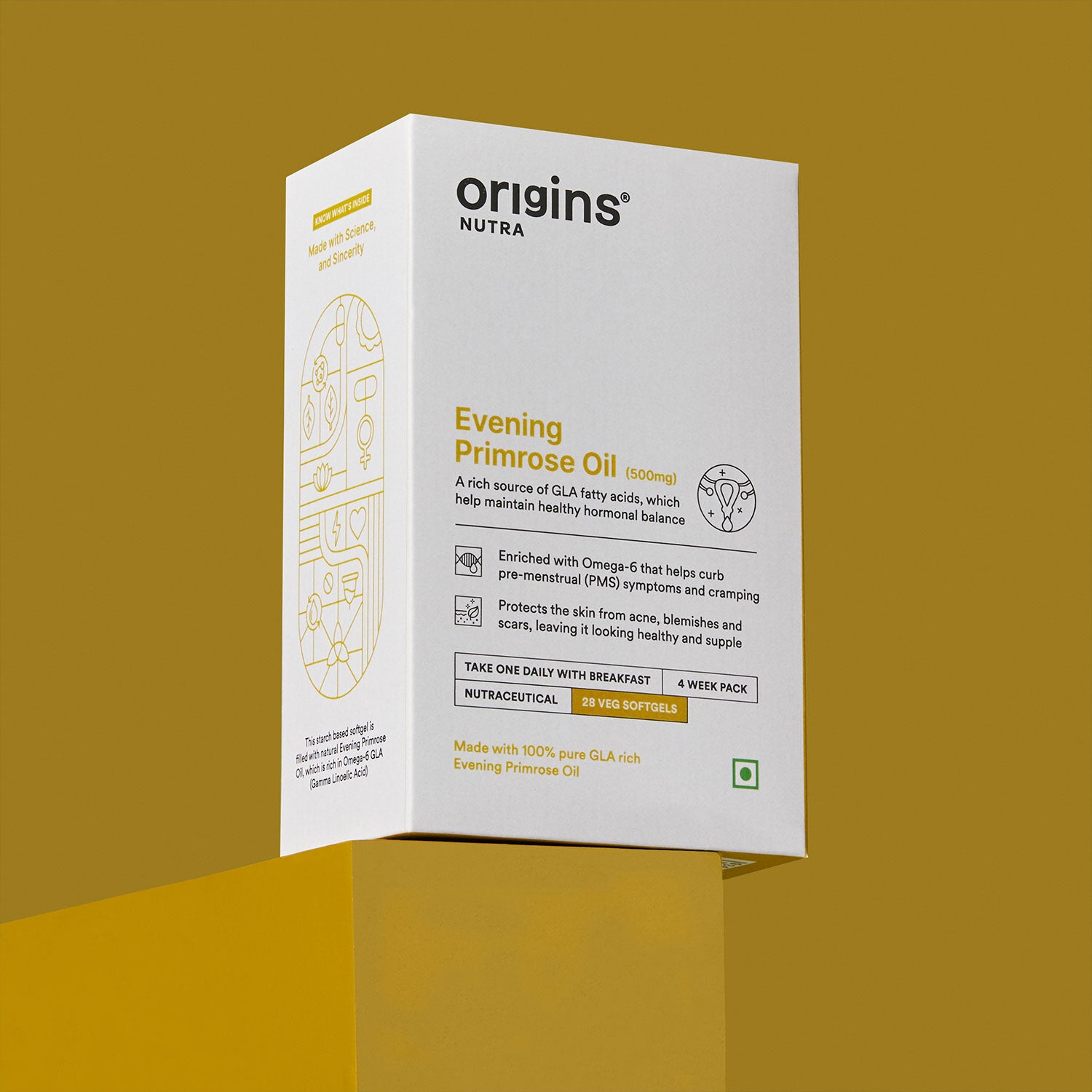



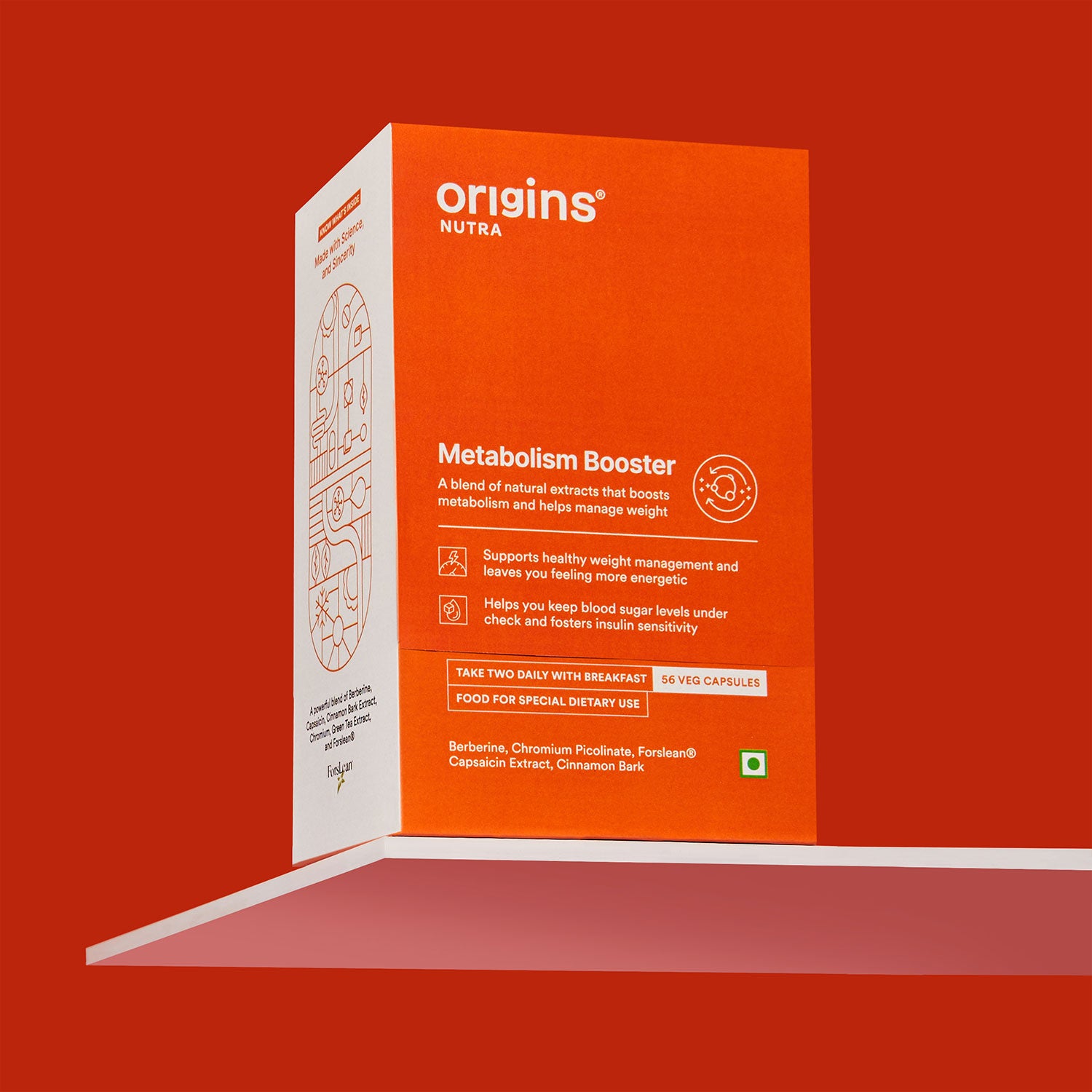
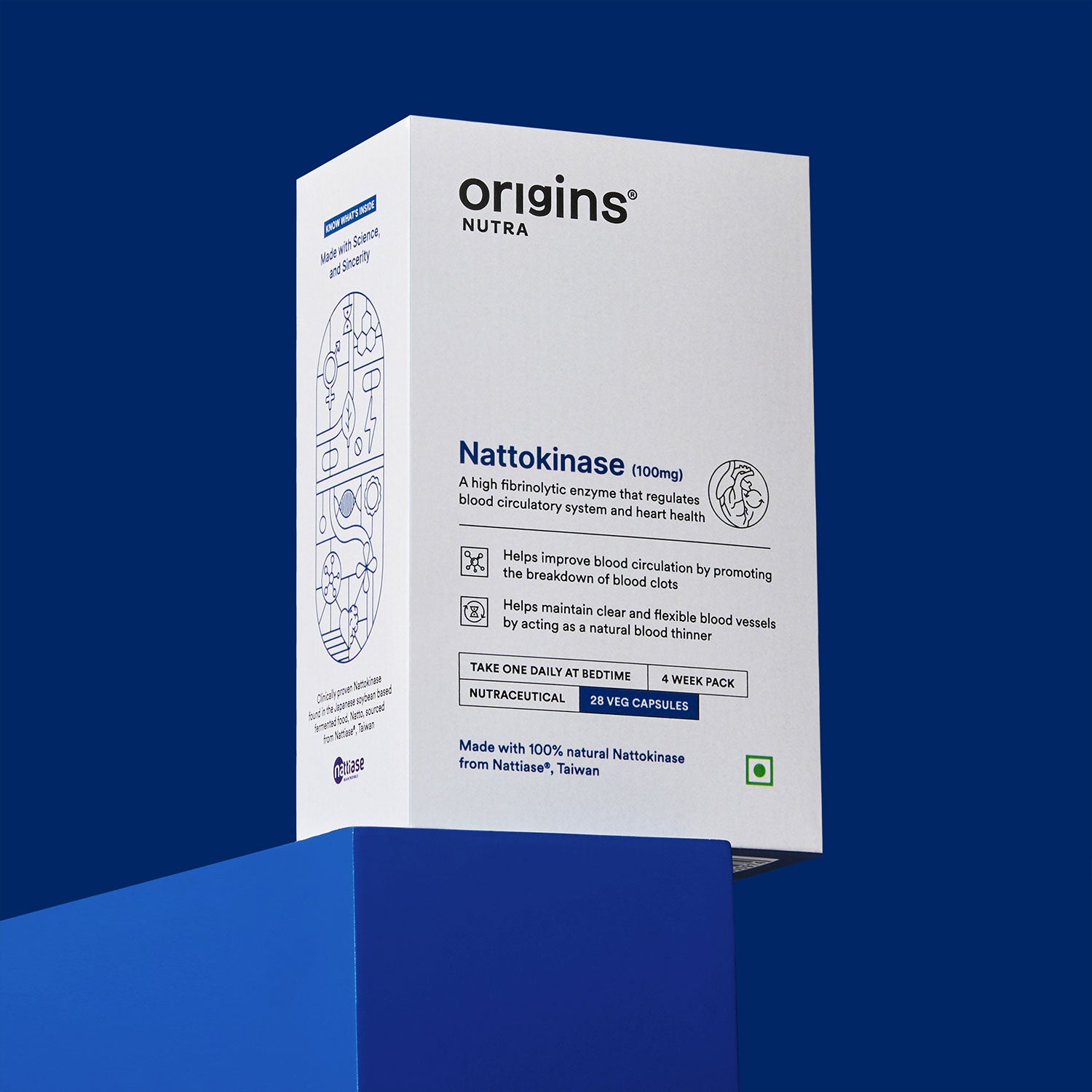
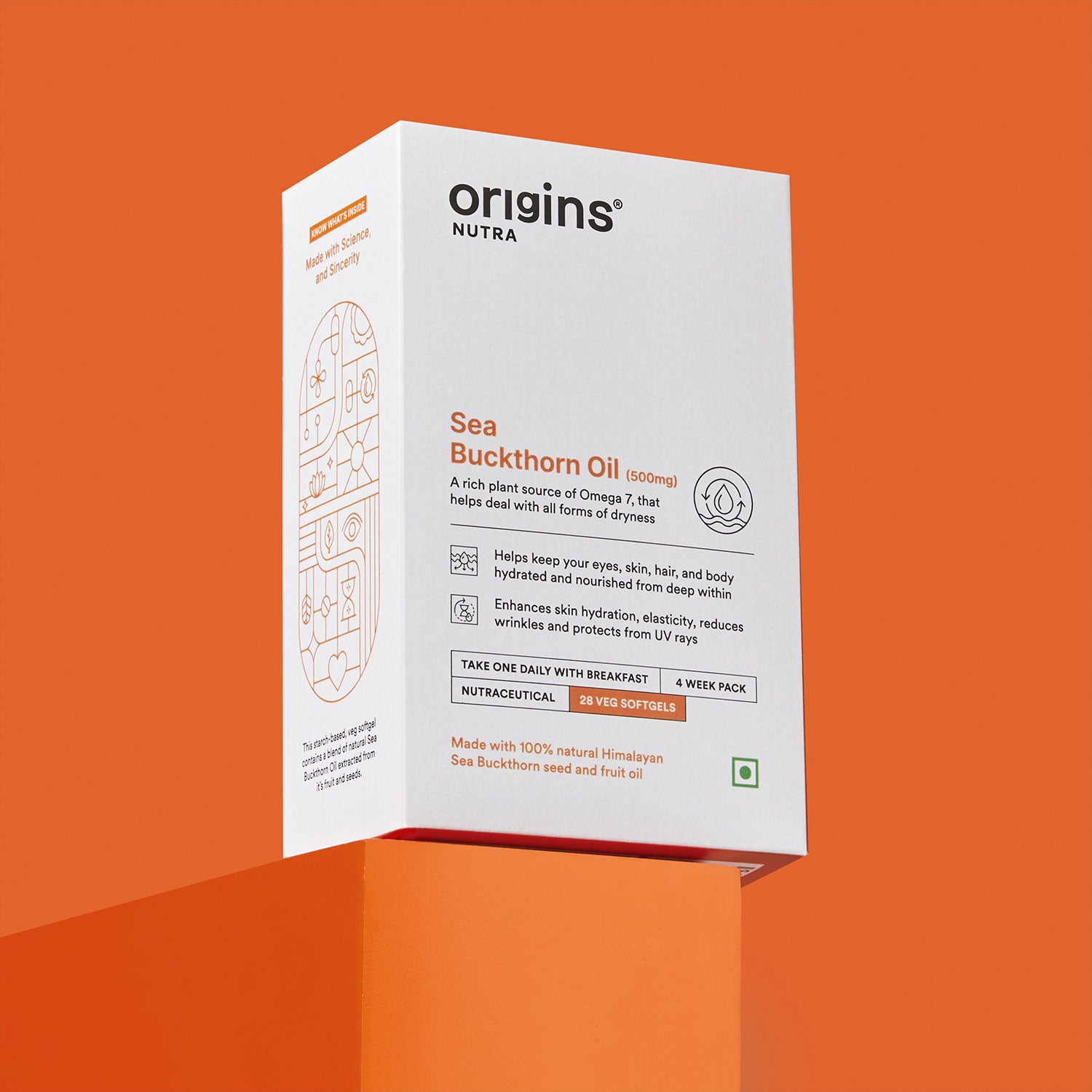
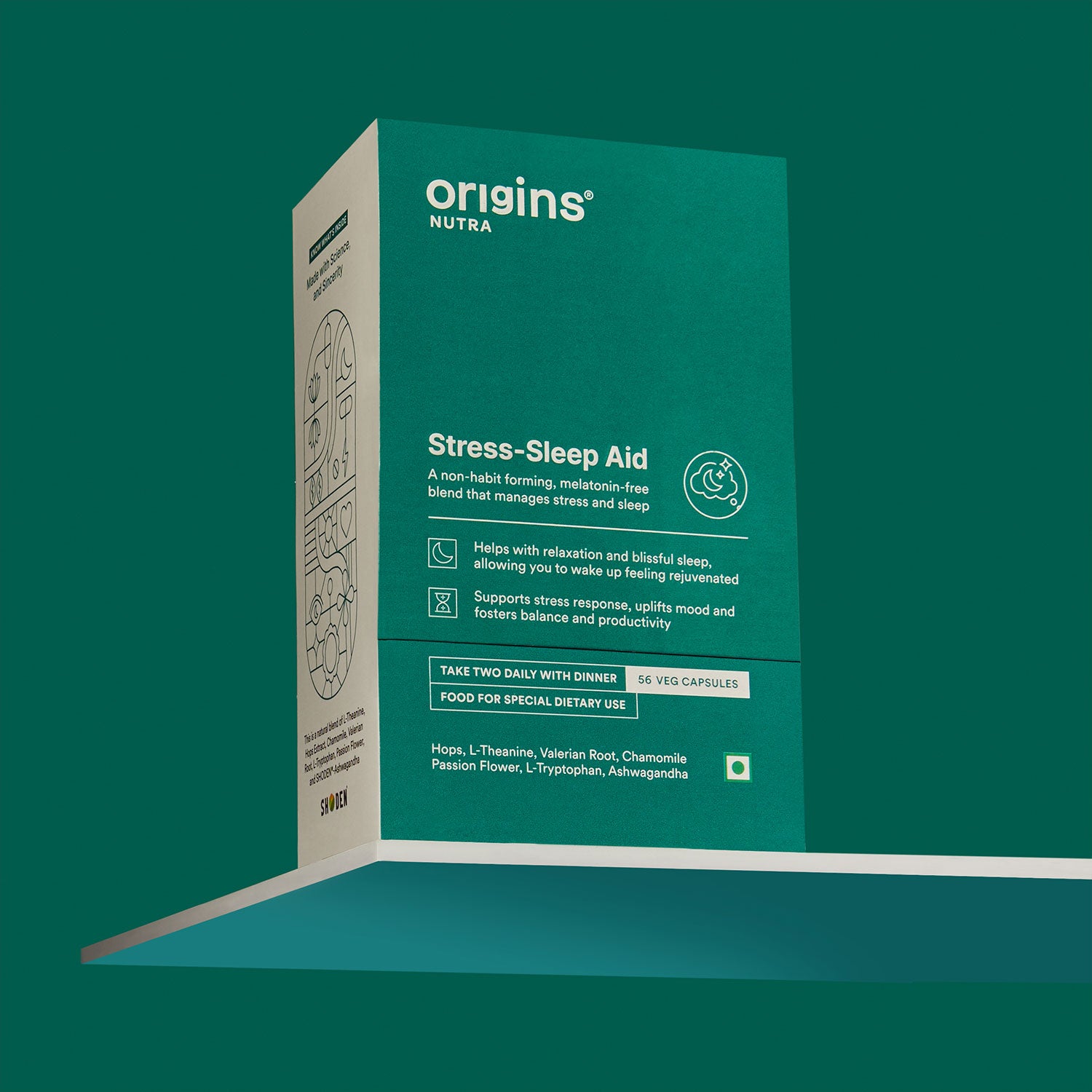
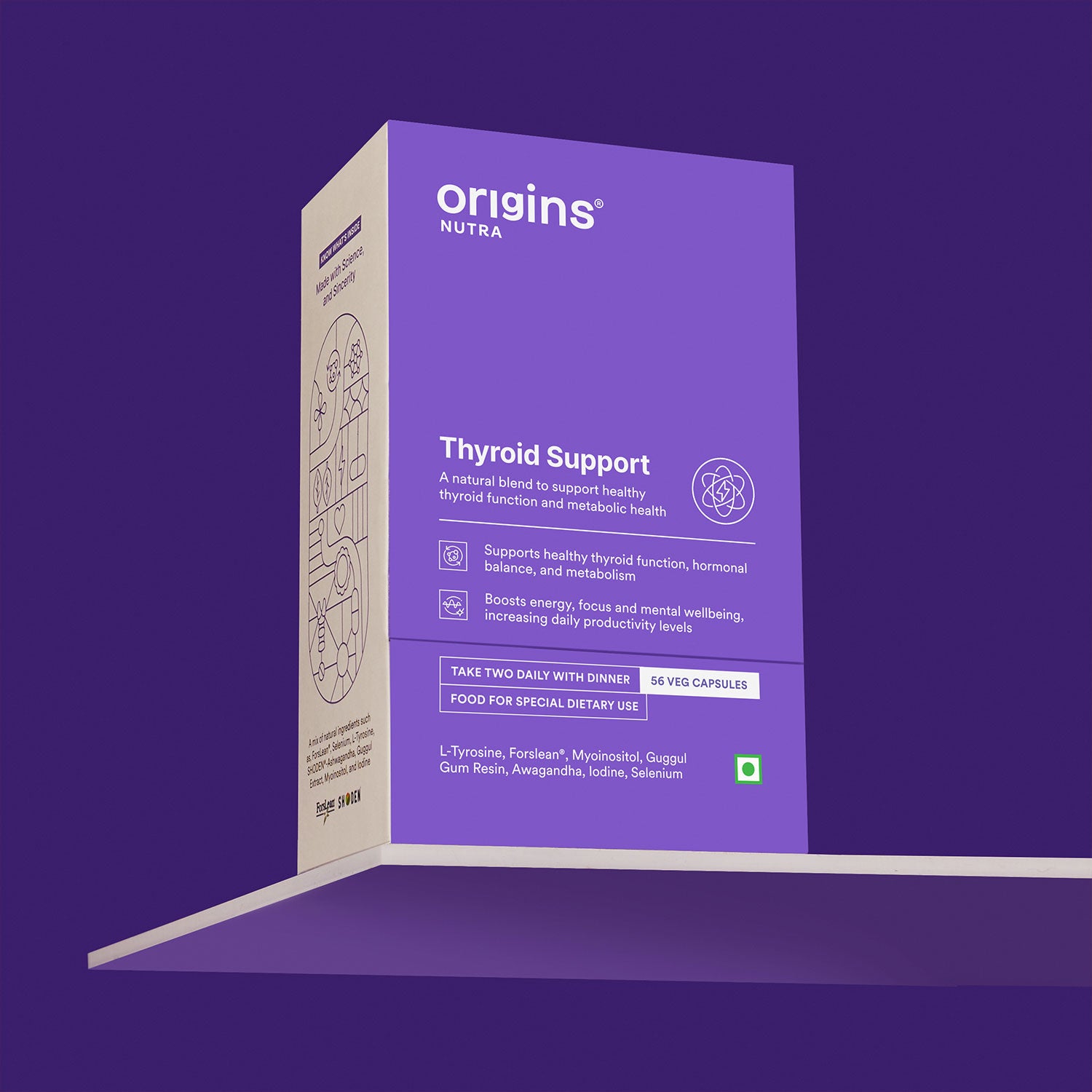
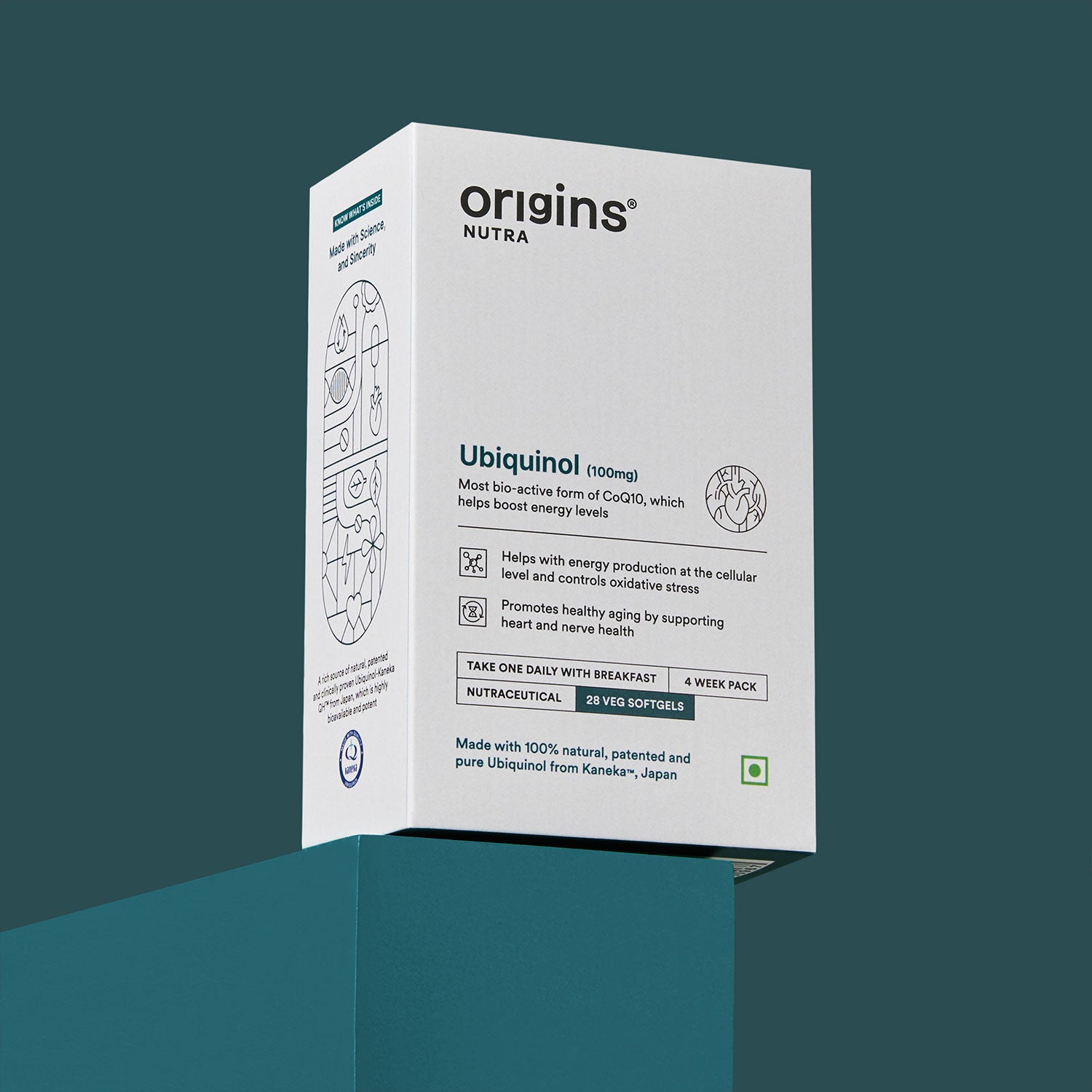





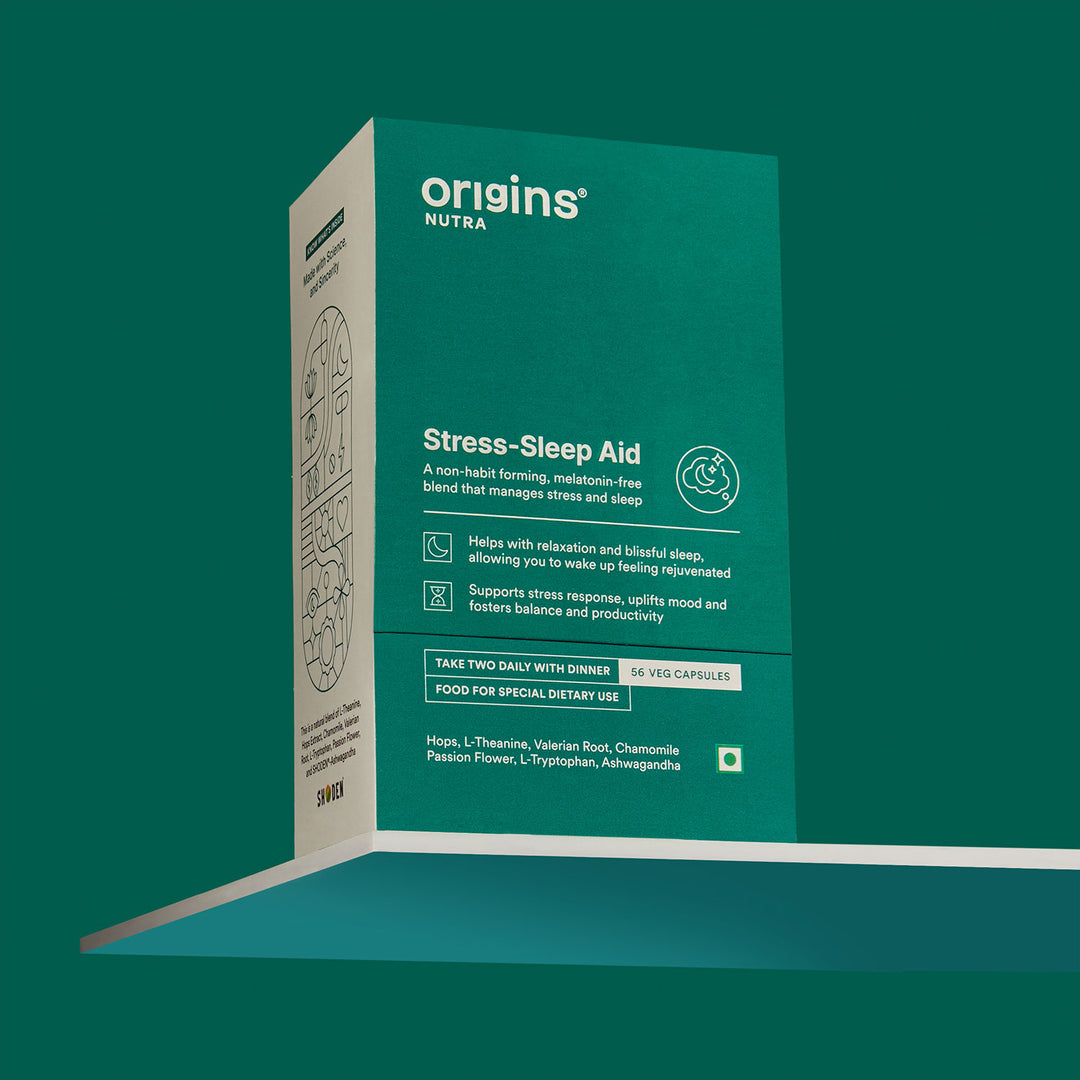
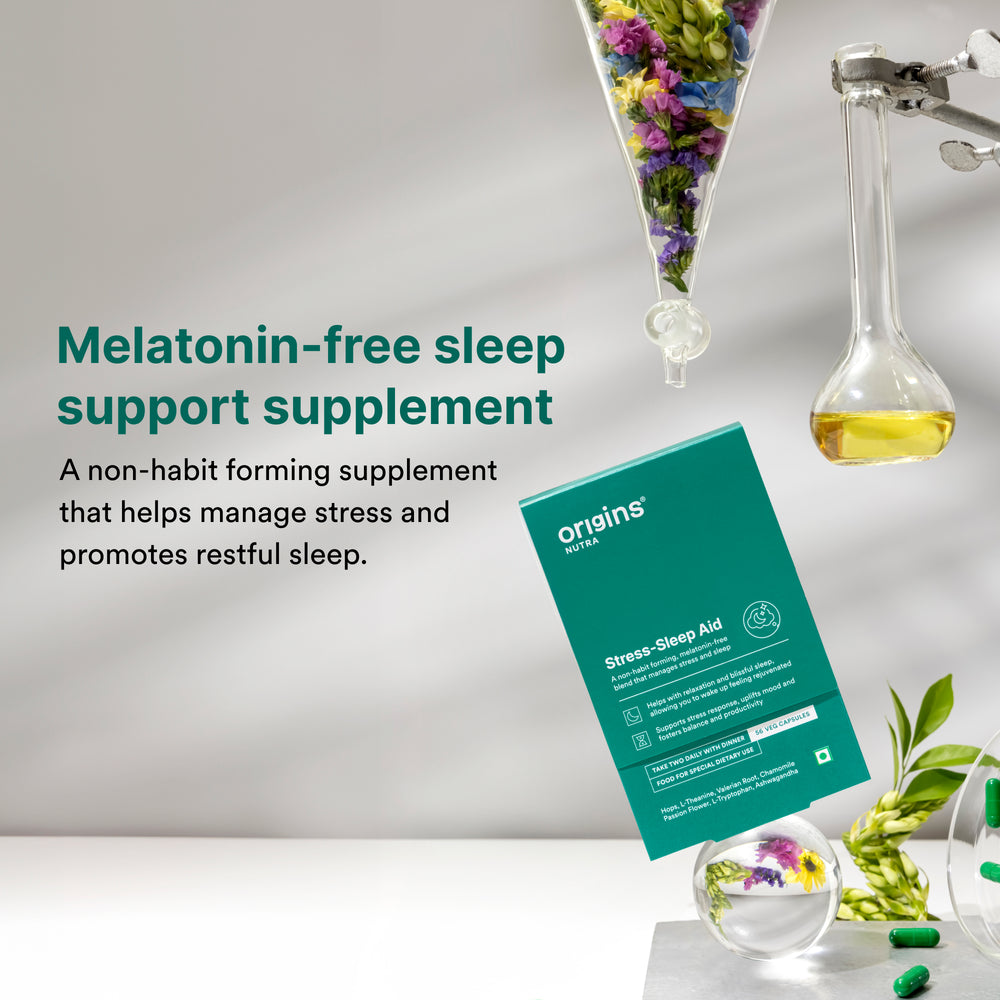
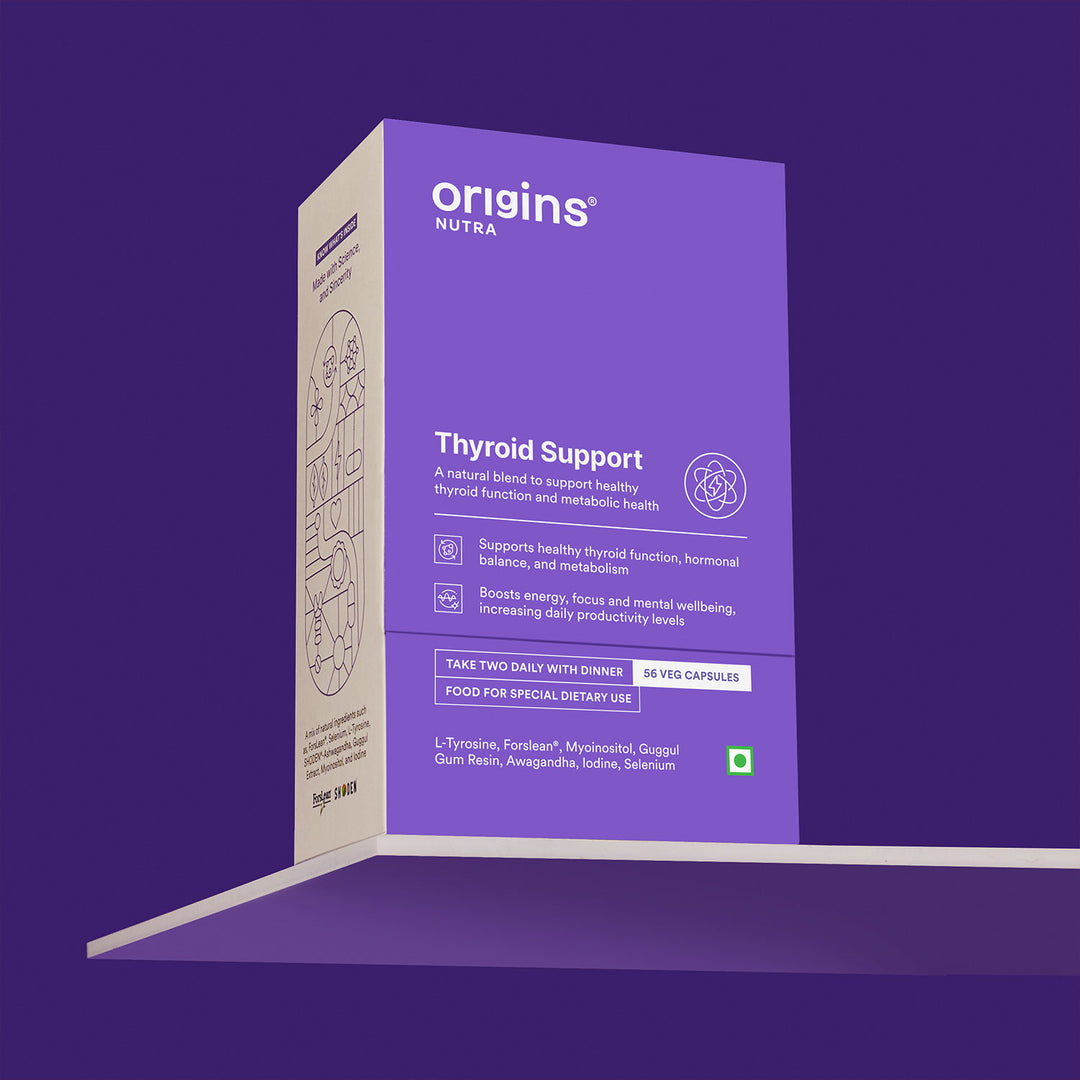




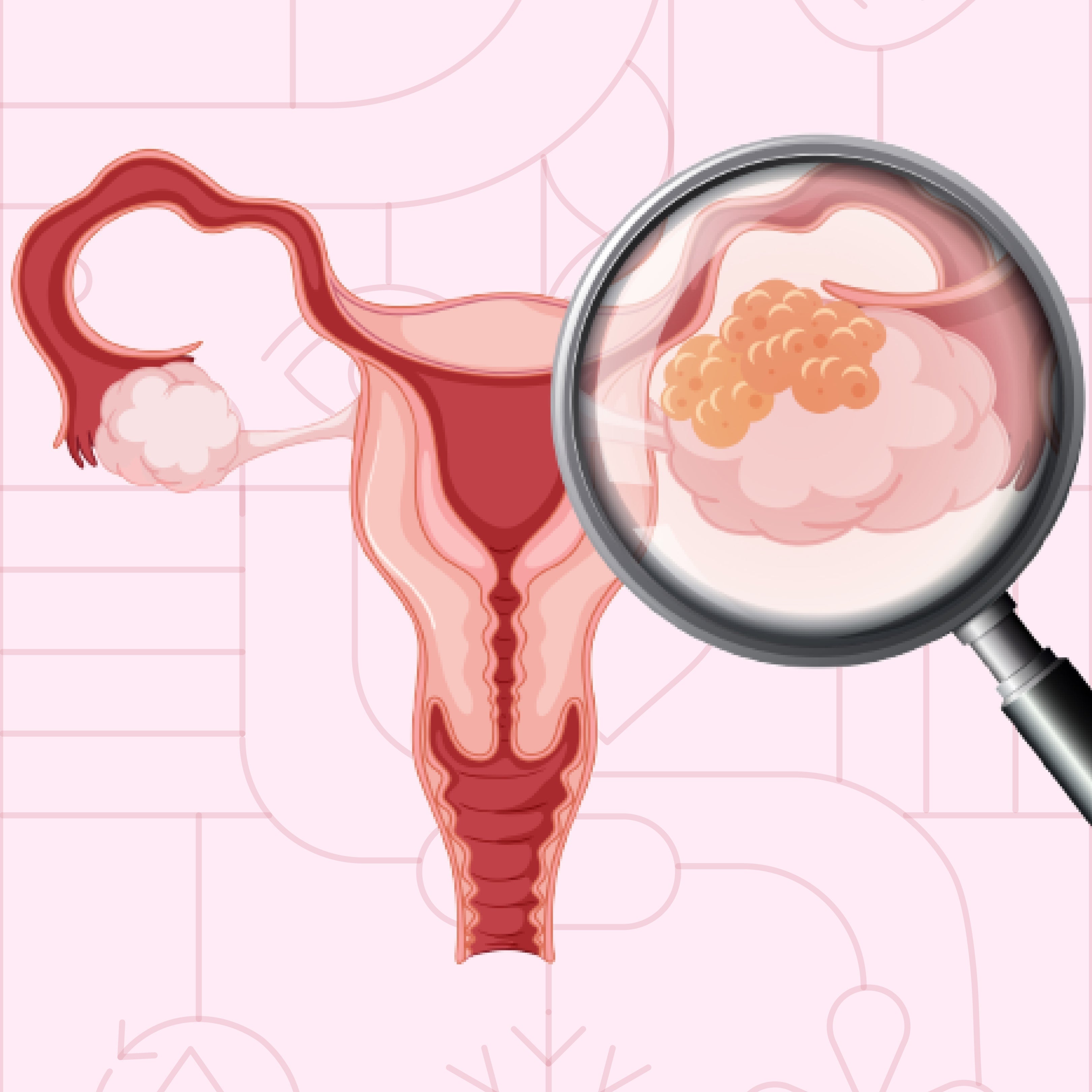


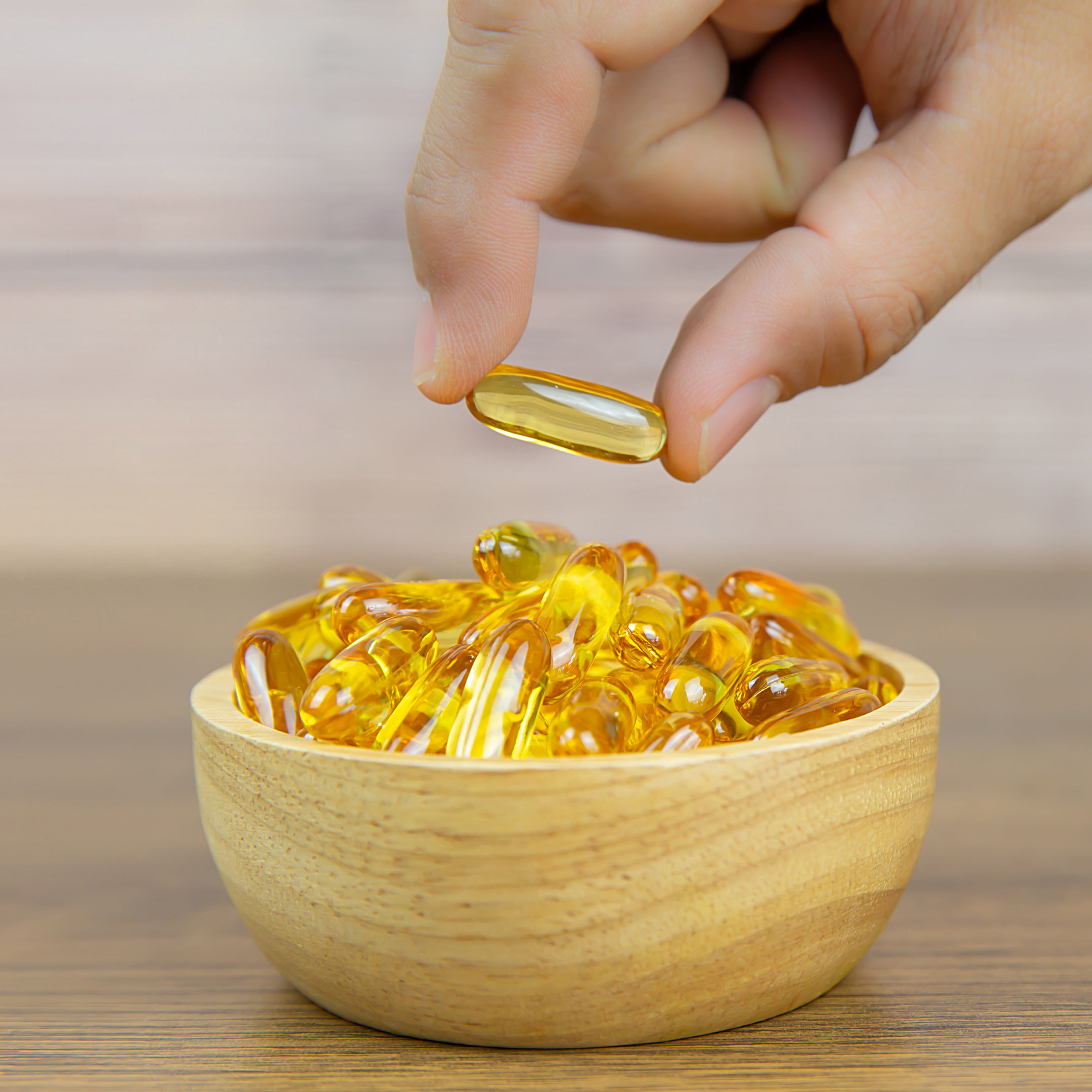


Leave a comment